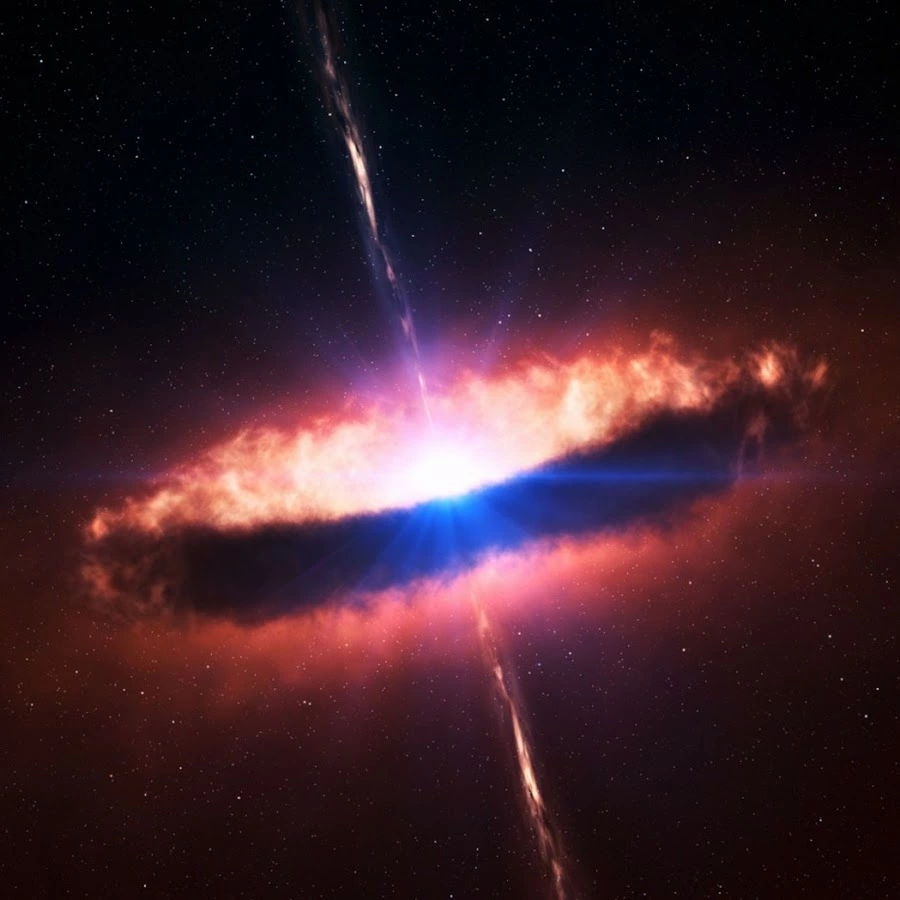(To be clear, I’m more interested in the reach and scaling of gravity.)
If we were to suddenly double earth’s mass, but not it’s size, would it’s field double in size (I assume strength as well), to the extent that if I were to measure this increased gravity at the same place I measured earth’s normal gravity, it would simply be double? If so, the least measurable point of both gravitates should also be the same?
Just wondering if there’s diminishing returns or if mass and density affects a gravity field the same regardless of whether it’s an asteroid or a billion Solar Masses.
Feel free to share any views I’m not taking into account in regards to gravity fields.
Thanks


From my layman perspective, yes the measured gravity would be double it’s original value if measured from the same place.
Gravity is an [edit: inverse squared] function, so it gets weaker at an exponential rate as you move away from the source. But even if it’s a value of 1.0 at Earth’s surface and .02 at some distant point from Earth, doubling Earth’s gravity would double both values to 2.0 and .04, respectively.
Gravity is not exponential. It is linear with mass and inverse square with distance.
Hey @Jeredin@lemm.ee
This one, @FlowVoid@midwest.social, has the correct answer…
So, don’t believe in the crackpot idea that it would be exponential
Whoops! I said exponential instead of inverse squared. What a crackpot I am.
I did makeI have made many mistakes, much worse than this one and on many occasions. I would say : don’t be so hard on yourself since it’s important to forgive ourselves.I do believe the following correction should be made again to your text though :
Thank you for the clarification. Best way to get the right answer is to post the wrong one.
This was the answer I was after, thank you!
Additional question that’s related, if you’d like to try it: I’ve read about vacuum energy/zero point energy - hawking radiation exists because of those theories. From what I’ve read, vacuum energy has the potential for any form of matter but because of the uncertainty principle, less likely to produce higher forms of energy, and thus why most fluctuations produce only virtual particles. My main question then is: so no matter what, all of space ether has matter or potential for matter? If so, should a photon actually collide with a virtual particle it would actually stay in physical existence)?
Thank again
I would assume I’m not interested in any of the associated crackpot ideas some have.
If a photon collides with a particle, virtual or not, then the particle will eventually emit another photon.